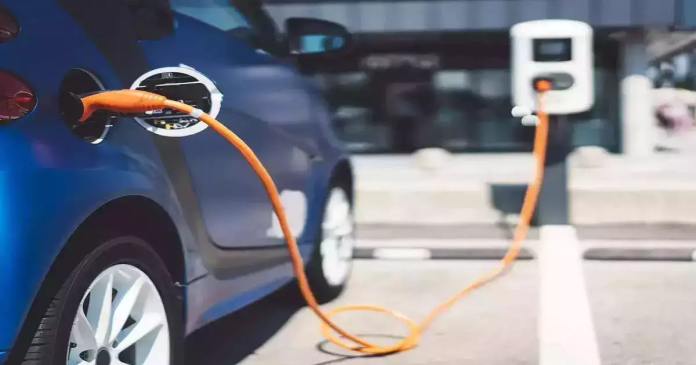Electric vehicle (EV) sales in Australia hit a record high in 2023, according to the country’s automobile association, Reuters reported.
According to the Federal Chamber of Automotive Industries (FCAI) on Thursday, battery electric vehicles accounted for 7.2 per cent of all cars sold last year, more than double the 3.1 per cent recorded in 2022.
The sales figure rises to 16.2 per cent of all new car sales in 2023 when hybrids and plug-in hybrids are included, nearly one in five vehicles.
The current government, which came to power in 2022, launched a national electric vehicle strategy and allocated hundreds of millions of dollars to eco-friendly transport as it was one of the largest sources of emissions in Australia. Moreover, the growing adoption of electric vehicles reinforces the government’s pledge to reduce emissions by 43 per cent by 2030.
Nevertheless, Australians still favour SUVs or light commercial vehicles, which run on fossil fuels and produce higher emissions. Those two categories accounted for 78.4 per cent of all new car sales last year.
Among the vehicles that emit more carbon dioxide than average are the Ford Ranger and Toyota Hi-Lux, the two most popular vehicles and a tenth of all cars sold in 2023.
However, demand for EVs has been held back by shortages, a limited number of models, as well as infrequent, and in some cases faulty, charging equipment.
According to the International Energy Agency, adoption has lagged behind countries like the US or the UK for years, with sales of electric cars and plug-in hybrids at 7.7 per cent and 23 per cent respectively in 2022.
Energy Minister Chris Bowen stated in November that the government would soon publish details of its long-awaited fuel efficiency standards. The move is expected to encourage manufacturers to ship more electric vehicles to Australia and accelerate adoption even further.
